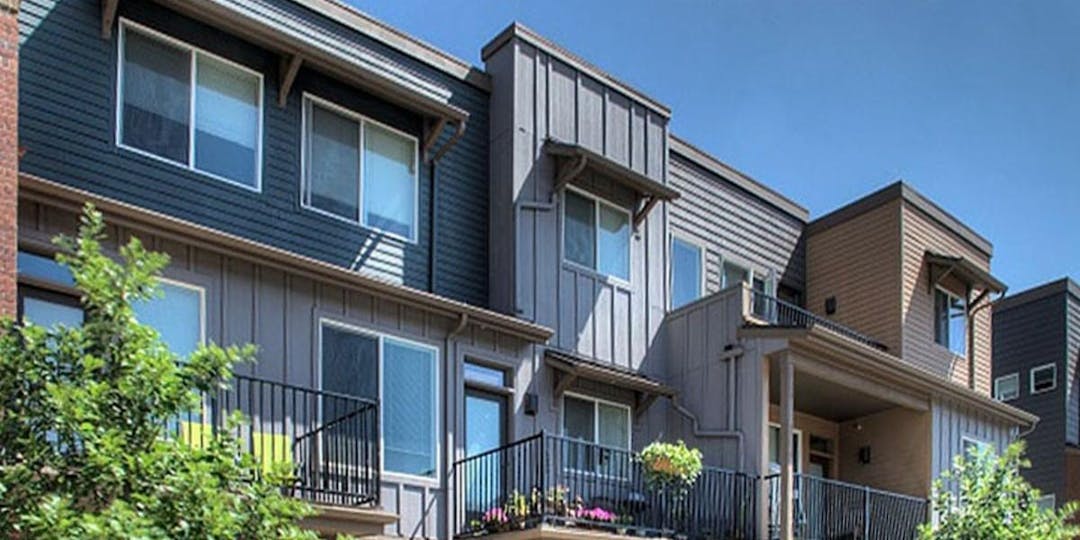Housing Solutions Community Brainstorm
Share Housing Solutions Community Brainstorm on Facebook
Share Housing Solutions Community Brainstorm on Twitter
Share Housing Solutions Community Brainstorm on Linkedin
Email Housing Solutions Community Brainstorm link
Consultation has concluded

Do you have ideas and solutions to help address housing challenges in Boulder? The Housing Advisory Board wants to hear them.
The newly formed Housing Advisory Board (HAB) wants to brainstorm housing solutions with Boulder residents. They are offering two ways to participate:
- In-person at HAB’s Aug, 22 meeting. This meeting will begin at 6 p.m. in Council Chambers in the Municipal Building at 1777 Broadway. Each speaker will have up to five minutes to present their solution. Sign-ups will begin at 5:45 p.m. Contact Cori Marin, MarinC@bouldercolorado.gov, if you have questions about making a presentation.
- Online here at Be Heard Boulder, where participants can submit their housing solutions and vote on other submissions. This online participation option will close on Sept 5.
The input provided online and in-person will be used by HAB members to help inform their work plan, find trends, identify synergies with current city work and bring great ideas forward as recommendations to city council and boards.
